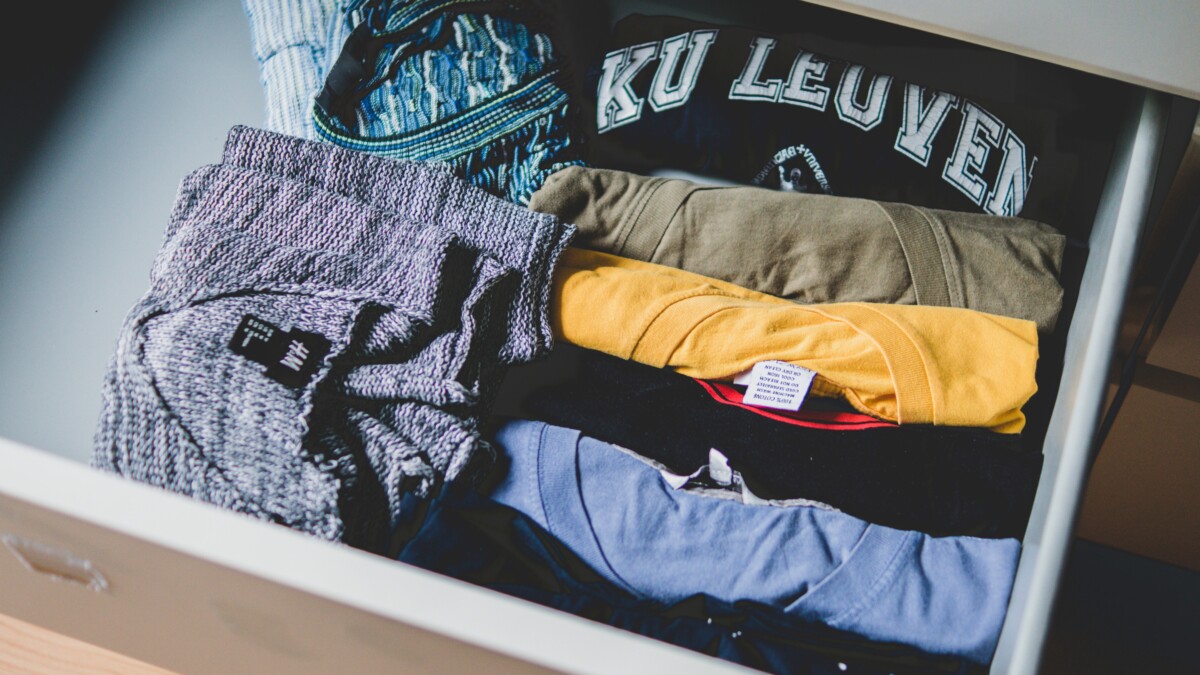Charities encouraged to join Textiles 2030 environmental initiative

Charities are being encouraged to help reduce the environmental footprint of the fashion and textiles industry by joining the Textiles 2030 initiative.
Textiles 2030 is led by WRAP, and is working to accelerate the move towards a more circular fashion and textiles system.
Its targets for 2030 are reducing the aggregate greenhouse gas footprint of new products by 50%, and achieving Net Zero by 2050 at the latest, reducing the aggregate water footprint of new products sold by 30%, and reducing the amount of virgin textile materials used to meet consumer needs.
Advertisement
Charities already signed up include British Heart Foundation and The Salvation Army.
Dr Charmaine Griffiths, Chief Executive, British Heart Foundation, said:
“We are delighted to be one of the founding signatories for the Textiles 2030 agreement and want to encourage others to join this cause so together we can build a more sustainable and circular UK textiles sector.
“We want to collaborate with other fashion and textile brands who can support the BHF’s vital work by donating their unwanted stock, helping reduce waste and ensuring a circular economy.”
Charities that join Textiles 2030 have the opportunity to:
- Inform and find out about upcoming legislation
- Learn to calculate their environmental footprint and the savings made through resale
- Take part in cross-industry discussions on the future of circular business models and increasing textile recycling
- Partner with other signatories to run pilots or trials
- Access exclusive citizen research and campaigns
More details are available through WRAP or by emailing he**************@wr**.uk.
Alan Wheeler, Director, Textiles Recycling Association, which has also joined the initiative, said:
“Being part of this agreement enables the Textiles Recycling Association to influence important interventions along the entire UK supply chain and ultimately will help to deliver a truly sustainable and circular economy for the industry.”
Trevor Caffull, Managing Director, The Salvation Army, commented:
“We all have an important and accountable role to play in a future circular textiles economy and as a signatory of the Textiles 2030 agreement, together we will achieve more.”




